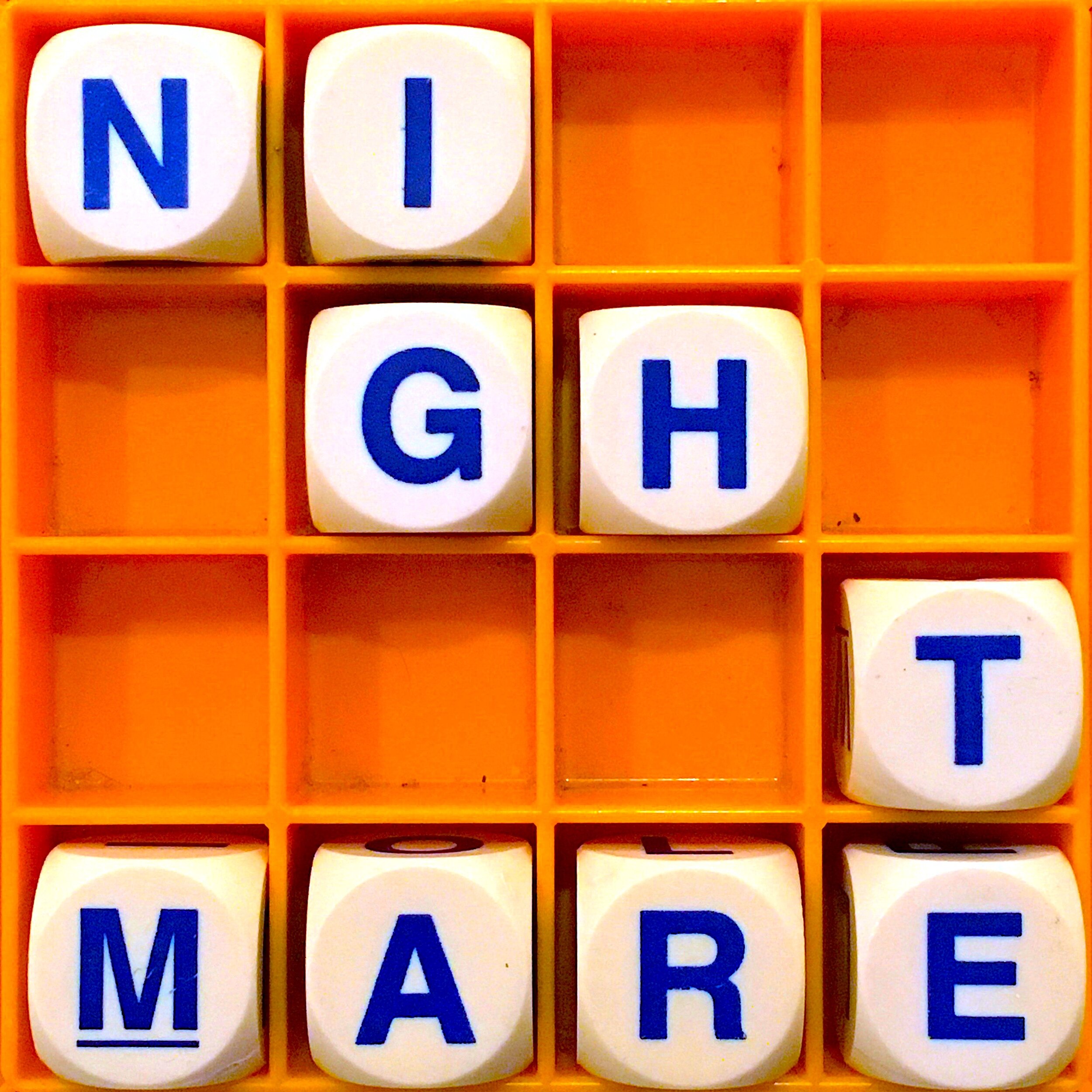MARJORIE INGALL: We dislike "for any hurt caused", "for anyone who was offended", because the "any" implies maybe it was no one. And it's clear that if you're apologising, someone was offended. It's not in any sort of airy-fairy situation. That's another way, again, it's all about distancing yourself from what you did.
HZ: Yeah, and removing agency.
MARJORIE INGALL: Yes.
SUSAN McCARTHY: If your castle is surrounded by people shouting with pitchforks and torches, and you're up on the battlements shouting, "Sorry if I caused any offence," you know you caused offence.
Allusionist 124 Nightmare transcript
Around 700 years ago, the word ‘haunt’ first appeared in written English, at least 200 years before it took on the meaning of a ghost frequenting a place.
HZ: It just meant that way where someone haunts a bar, as in they go to it a lot, but they're not an actual ghost. But it also meant to have sex with. And I could not do enough Googling safely to find out why it had that sense, because it just came up with a lot of websites about people having sex with ghosts. So I cannot find the etymology of this middle English use of 'haunt' in the sexual sense.
PAUL BAE: You've just screwed up your Google ads logarithm by looking up succubus, haunting, "Why sex haunting?"
HZ: The things I do for this show.
PAUL BAE: Exactly.
Allusionist 81. Shark Week - transcript
HZ: There used to be a term ‘goatmilker’, it was a bird that was believed to suck milk from goats at night, but it was also slang for sex workers, and therefore slang for vulvas.
HRISHIKESH HIRWAY: Wow.
HZ: Licentious men were known as ‘goatmilkers’, because they were frequenting these sex workers in the 17th century when this word was around.
HRISHIKESH HIRWAY: Again, not enough poetry in that for me.
HZ: Too vulgar for you?
HRISHIKESH HIRWAY: Yes, for my delicate sensibilities.



